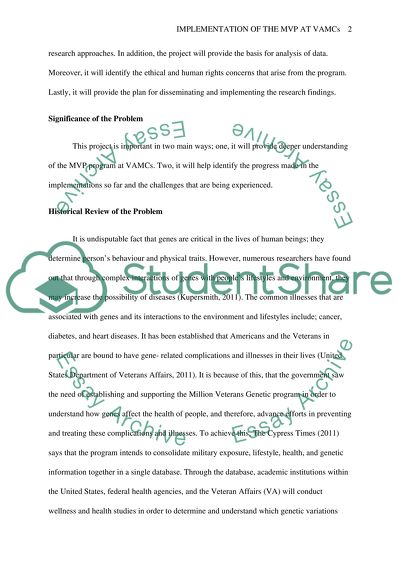Cite this document
(“Project on the Implementations of the Million Veteran Genetic Program Research Paper”, n.d.)
Project on the Implementations of the Million Veteran Genetic Program Research Paper. Retrieved from https://studentshare.org/health-sciences-medicine/1441406-implimentations-of-the-million-veteran-genectic
Project on the Implementations of the Million Veteran Genetic Program Research Paper. Retrieved from https://studentshare.org/health-sciences-medicine/1441406-implimentations-of-the-million-veteran-genectic
(Project on the Implementations of the Million Veteran Genetic Program Research Paper)
Project on the Implementations of the Million Veteran Genetic Program Research Paper. https://studentshare.org/health-sciences-medicine/1441406-implimentations-of-the-million-veteran-genectic.
Project on the Implementations of the Million Veteran Genetic Program Research Paper. https://studentshare.org/health-sciences-medicine/1441406-implimentations-of-the-million-veteran-genectic.
“Project on the Implementations of the Million Veteran Genetic Program Research Paper”, n.d. https://studentshare.org/health-sciences-medicine/1441406-implimentations-of-the-million-veteran-genectic.


